My Husky Killed My Cat: Helps & Guide
In the tranquility of a typical day, the unthinkable shattered the peaceful coexistence of our beloved pets. One moment, they were the epitome of companionship, the next, an irreparable loss pierced through our hearts. The shocking revelation that our husky had fatally injured our cherished cat left us grappling with a whirlwind of emotions.
In the aftermath of this tragedy, the once-familiar corners of our home felt haunted by memories and unanswered questions. How could such a beloved member of our family commit such a devastating act? This is the story of how we navigated the turbulent seas of grief and guilt after our husky killed our cat.
Understanding the Husky’s Behavior
Natural Instincts:
Dive into the innate instincts of huskies: Explore the genetic predispositions that drive their behavior, rooted in their historical roles as working and hunting dogs.
Predatory nature: Discuss how, despite domestication, certain predatory instincts remain embedded in their DNA, often manifesting unexpectedly.
Triggers:
Identify potential triggers: Examine factors that might have activated the husky’s predatory instincts, such as sudden movements, territorial issues, or resource guarding.
Stressors: Discuss how changes in the environment, routine disruptions, or the introduction of new pets can contribute to heightened stress levels in dogs.
Responsibility:
Pet owner awareness: Emphasize the importance of pet owners understanding their dog’s breed-specific behaviors and being vigilant about potential triggers.
Training and supervision: Discuss proactive measures, such as obedience training and constant supervision, to mitigate the risks associated with instinctual behaviors.

Coping with Loss and Guilt
Initial Reactions:
- Overwhelming grief: Explore the intense emotions experienced immediately after the incident, including shock, disbelief, and profound sadness.
- Emotional upheaval: Describe the rollercoaster of emotions, from anger to profound sorrow, that accompany the sudden loss of a beloved pet.
Guilt and Self-Blame:
- Self-reflection: Discuss the common tendency for pet owners to blame themselves and question their actions leading up to the incident.
- Unpacking guilt: Examine the weight of guilt and its impact on the grieving process, emphasizing the need for self-compassion.
Seeking Support:
- Emotional outlets: Highlight the importance of expressing emotions and seeking support from friends, family, or support groups to navigate the complex journey of grief.
- Professional help: Discuss the value of seeking counseling or therapy to cope with the emotional aftermath, addressing guilt and grief in a constructive manner.
Moving Forward
Acceptance and Forgiveness:
- Acknowledging reality: Discuss the importance of accepting the harsh reality of the situation and coming to terms with the irreversible loss.
- Self-forgiveness: Explore the process of forgiving oneself for any perceived shortcomings in pet care or supervision, recognizing that accidents can happen.
Memorializing the Cat:
- Creating a tribute: Encourage the creation of a memorial or tribute for the cat, whether it’s through a photo album, a dedicated space, or planting a memorial tree.
- Commemorative rituals: Suggest engaging in rituals or activities that celebrate the positive memories shared with the cat, fostering a sense of closure.
Reevaluating Pet Dynamics:
- Preventive measures: Discuss the implementation of precautionary measures to ensure the safety of remaining pets, including secure boundaries, designated spaces, and enhanced supervision.
- Professional guidance: Recommend consulting with a veterinarian or animal behaviorist to gain insights into managing multi-pet households and addressing potential conflicts.
FAQs
Why didn’t you anticipate this behavior from your husky?
- While huskies are known for their friendly disposition, they also possess innate instincts that can manifest unexpectedly. Despite our efforts to provide a safe environment, this tragic incident serves as a stark reminder of the importance of vigilance and understanding our pets’ behaviors.
How do you cope with the guilt of the incident?
- Coping with guilt is a complex process that involves acknowledging our feelings, seeking support, and practicing self-compassion. While we grapple with the weight of responsibility, we strive to focus on honoring our lost pet’s memory and learning from the experience to prevent similar incidents in the future.
What measures are you taking to prevent such incidents in the future?
- Moving forward, we’re implementing preventive measures such as enhanced supervision, training, and creating designated spaces for our pets. Additionally, we’re seeking guidance from professionals to better understand and manage the dynamics of our multi-pet household.
How can I support a friend or family member going through a similar situation?
- Offering a listening ear, empathetic support, and understanding can go a long way in helping someone navigate the complexities of grief and guilt. Encouraging them to seek professional help, sharing resources, and commemorating their lost pet’s memory can also provide comfort during this challenging time.
Also Read: Are Huskies Good With Cats: Helps & Guide
In Short
In the wake of tragedy, we’ve traversed through a labyrinth of emotions, from shock and guilt to acceptance and forgiveness. While the pain of losing our beloved cat remains palpable, we’ve found solace in the memories we cherish and the lessons we’ve learned. As we bid farewell to one chapter, we embark on a new journey of healing and growth, committed to honoring our lost companion’s legacy while safeguarding the well-being of our remaining pets.
Through resilience and compassion, we emerge stronger, embracing the profound bond we share with our furry family members, and cherishing each moment together with renewed appreciation.


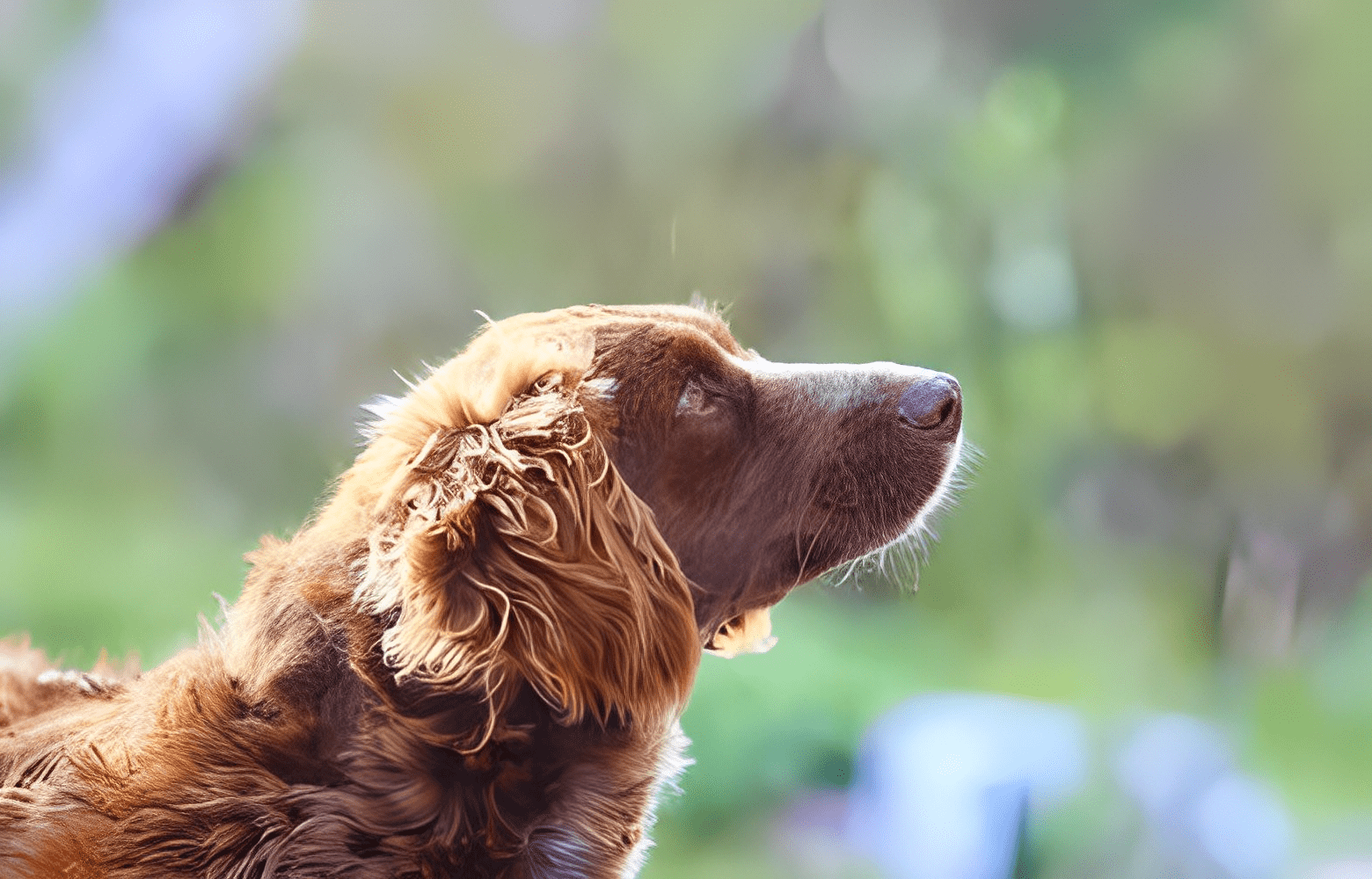
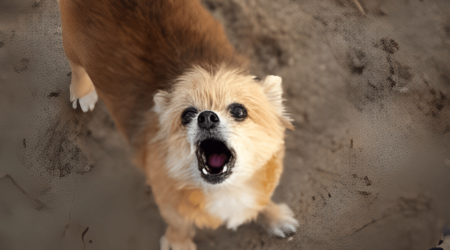
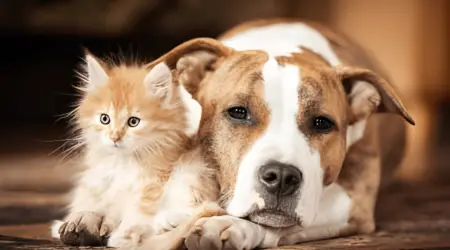


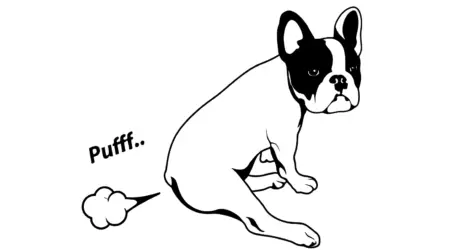


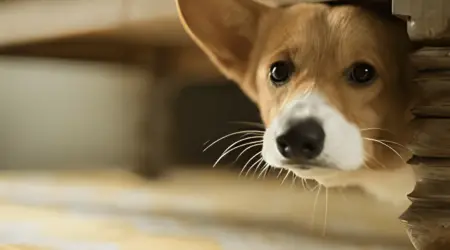
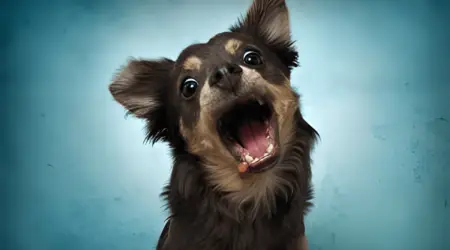
Leave a Reply